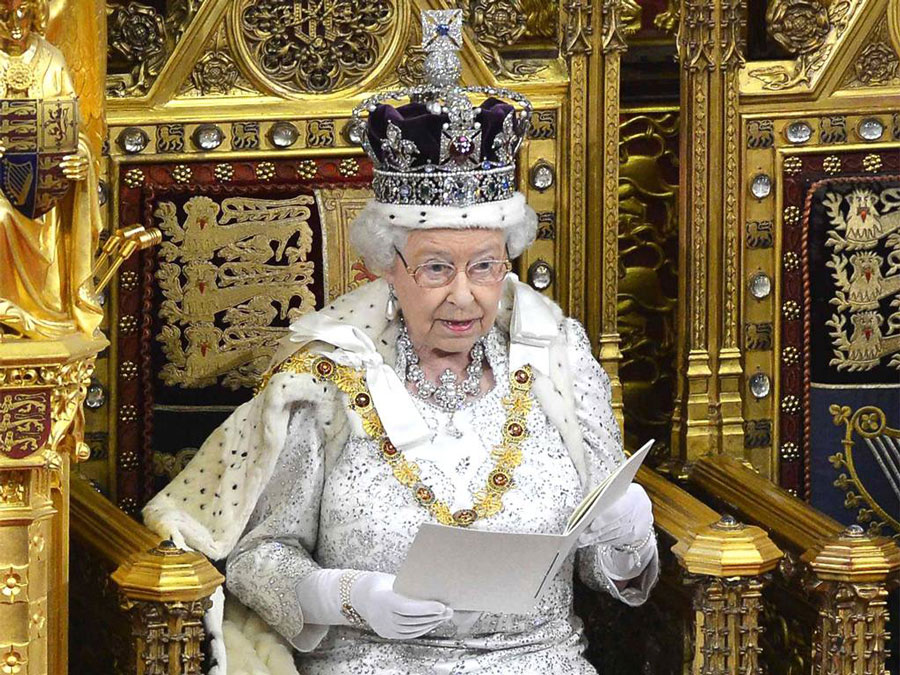When the Queen delivered her speech last Wednesday at the opening of Parliament, many felt relieved that the government had made a dedicated plan to improve the current state of elderly care in the UK.
While improvements to adult social care have been on the political agenda for many years now, the current state of the British economy has meant that the funding available to bolster an increasingly elderly population has been put into jeopardy.
The new legislation has taken into account economic obstacles and developed a plan to revise the way in which care and support is funded. Through the introduction of a £75,000 cap the government has drawn a strict line for people paying for their own care. This marks a clear step forward in advancing the empowerment of the elderly, as it creates for the first time a universal legal right to personal care.
Although, the Department of Communities and Local Government, the body responsible for the delivery of most social care services has budget allotted for care and support this has not been safeguarded. One of these services is preventative care, a way to help older people avoid reliance on the NHS.
There is a strong case for the Department of Communities and Local Government prioritising preventative care. It has the potential to show the strength of taking proactive action in remedying the social care problem. Ring-fencing budget for preventative care services like in-home adaption solutions that focus on upgrading the accessibility of homes can help people both physically and financially.
In fact, independent research carried out in 2012 by the London School of Economics’ Personal Social Services Research Unit in conjunction with Stannah helped identify the savings that could be made if the government were to choose spending money on adaptive technologies rather than placing people into care homes.
For every £1 spent on adaptive technologies there could be a net saving to the taxpayer of £1.10, which compares to a potential annual saving of £1,100 per person. Such examples demonstrate the strong case for personal and more independent care for Britain’s ageing population is getting stronger.
This was given the royal seal of approval last week when the Queen announced the government’s pledge to help the elderly. Hopefully, through strategic budget allocation, the government will chose to help them retain their independence and enjoy the comforts of home for a little while longer.

